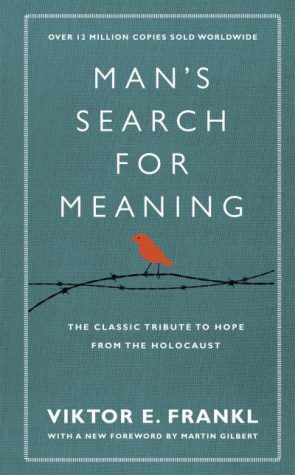Where Has the (Lost) Art of Reading Gone?

December 7, 2022
Thin, crisp pages with neatly printed words, each waiting to be flipped and discovered.
And then there are bright, electronic screens that hold infinite information (at the price of considerable disconnect from the “real” world).
To a lot of teenagers, the latter holds greater appeal. In many ways, it’s simpler – faster, with less thinking required. It seems better to pick up a small device than use the energy to conjure up a mental movie as you turn hundreds of pages to get to the end.
A big reason for this seems to be a shorter attention span. With phones allowing people to switch back and forth between apps and tabs in seconds, sitting down and just reading for even 15 minutes feels like a chore. Reading is far from something most teenagers would consider something fun. Boredom can be cured faster (and seemingly more efficiently) by clicking keys and tapping buttons.
A rather alarming statistic to illustrate this comes from the Psychology of Popular Media (a scholarly journal focused on publishing research relating to the impacts of media on human behavior), which says that one in three teenagers in the United States hasn’t read a book just for fun in a year. Time spent surfing the internet and texting is increasing rapidly, while printed books are gathering dust.
Another contributing factor to the decline of reading might have something to do with a concept Sigmund Freud called instant gratification. This concept describes the desire to have wants met now without delay. In the long run, this does not leave us with more happiness – the joy from picking the “easy” option (like a phone over a book) is fleeting. Unfortunately, our society is built on this knowledge – that we want what we want right now. Netflix and on-demand streaming services feed into this. The reward comes faster than a screen than it does from sitting down and putting in the time to activate your brain and turn inked pages.
There’s no question that books don’t seem to hold the attention of teenagers in the way phones do. But when bringing in the reliance on instant gratification as a factor, one has to question – what is this lack of reading for pleasure, and other lost hobbies, doing to the brains of adolescents?












